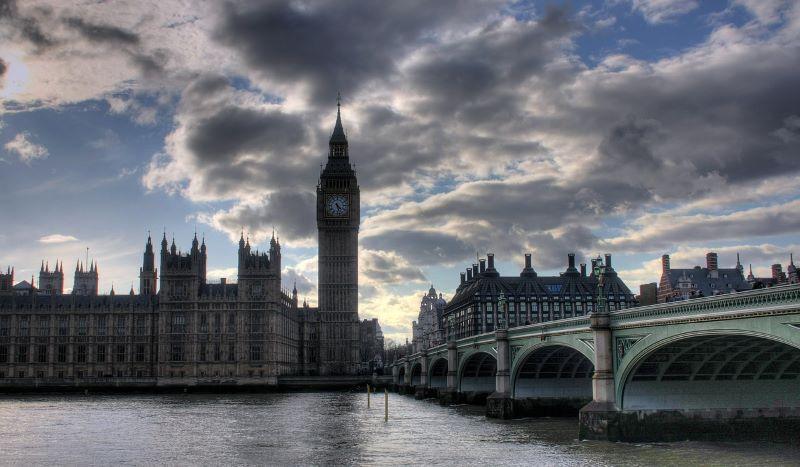HMRC’s Octagon Green investigation: One key takeaway
It’s one thing for a company to face an HMRC investigation for tax evasion – and another to face such an...
READ MORE
IFA member Ian Clark discusses the wide variances in fortunes of business in London. The branch ambassador also talks about the busy member sessions hosted in the capital.

Tell us about your roles and your responsibilities
I’m a partner in a three-partner general practice called Kingsley Maybrook in Finchley; we’re a very busy general practice with three other staff helping out. I’ve also been London branch ambassador for several years.
What’s the current business and economic environment like in London?
In central London, for most forms of retail, restaurant or leisure providers, then it’s absolutely dire – the only exception being Eat Out to Help Out, which kept them busy in August.
And with few people going back to the offices in the City of London, bars, sandwich shops and newsagents have almost no customers.
Online businesses are doing well, while transport and courier industries are busy, as are IT companies involved in helping people work from home.
Everybody needs our support right now – fortunately we’re their trusted adviser. Yes, we need to change to interact with clients – we’re now outsourcing most of the compliance work; we’re reviewing it, so there’s more time interacting with what clients need from us.
How does the IFA work with local businesses, people and the community?
The IFA is looking to raise standards for those working in the micro and small business market. Other standard setters don’t really represent these businesses. We work exceptionally closely with London South Bank University (and others) and with their students.
We try and place them in work experience and jobs with IFA members, which is really successful – we placed nine students with IFA London members last year. Now it’s about virtual branch meetings and surgeries.
REGION IN FOCUS: LONDON IFA
London branch ambassador Ian Clark has set out the varying fortunes of businesses in London, with issues specific to the context in which the pandemic has impacted them. But small and micro businesses are suffering, pretty much across the board.
For example, London-based SMEs are likely to be worst hit by the coronavirus, according to research by insurer Simply Business. It will cost London SMEs £17,074 each on average in lost work, earnings and loan repayments, around £5,000 higher than the national average.
Higher costs associated with London mean it is the toughest place to be an entrepreneur, says the British Business Bank and consultancy Oliver Wyman in new joint research. Some 71% of London business owners reported a profit in 2019, compared to more than 80% in every other UK region.